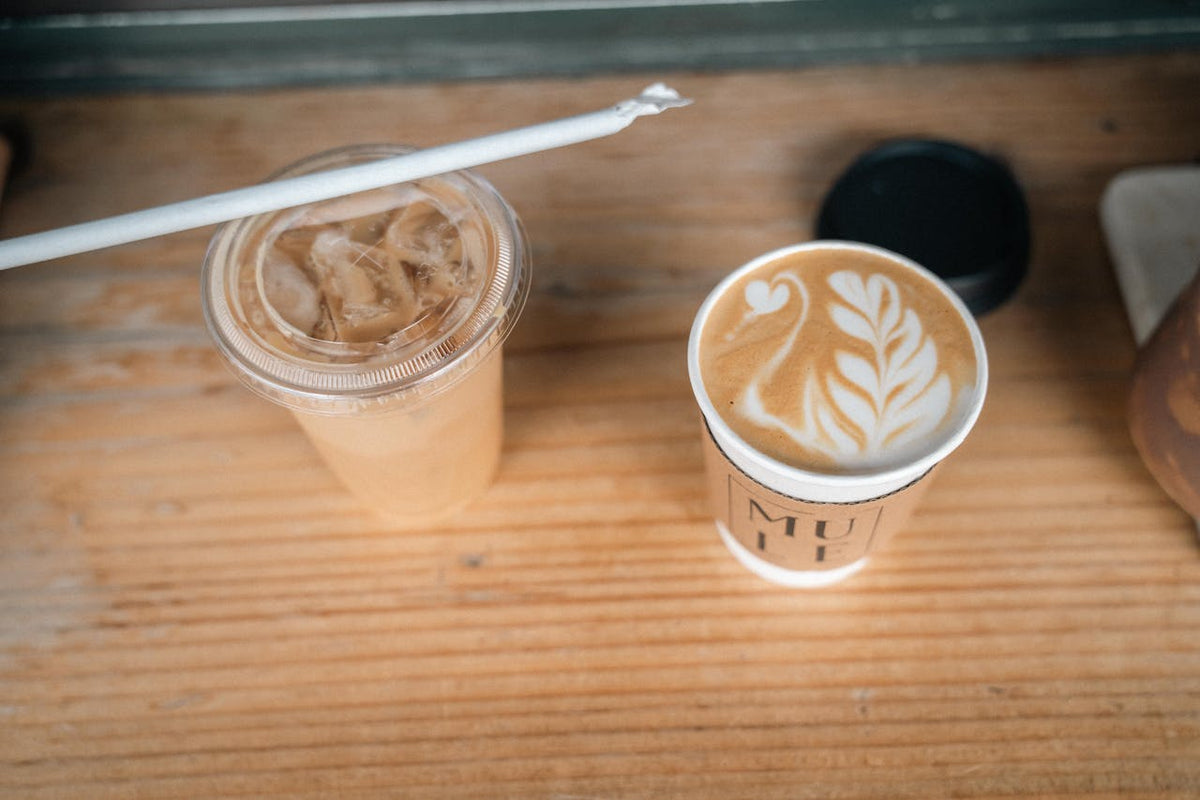Does Coffee Really Contain Cockroach Parts? What Tea Lovers Should Know

Why This Question Even Exists
You’ve probably seen the headlines. Or maybe it was a viral video. “Your morning coffee might have cockroach parts in it.” Sounds like clickbait, right? But here’s the thing, there’s a reason this rumor exists, and it’s not completely made up.
The idea that coffee might contain ground-up insects comes from real FDA guidelines that allow for a certain level of “natural contaminants” in processed food. That includes, yes, traces of insects. Coffee, like many agricultural products, is grown, harvested, and processed in large volumes. And when beans are roasted and ground, there’s always a small risk of bugs being in the mix.
So what does this mean for you? Should you toss out your espresso machine? Or maybe… switch to tea?
If you’re someone who loves a clean, comforting cup of something warm (and not buggy), this blog is for you.
The Truth Behind Cockroach Parts in Coffee
Let’s clear something up right away: no, coffee companies are not secretly adding cockroach powder to your beans.
However, what is true and kind of unsettling is that the U.S. Food and Drug Administration (FDA) allows a certain amount of “insect fragments” in many processed foods, including coffee. Why? Because it’s practically impossible to keep every tiny bug out during mass harvesting and processing.
Here’s what the FDA Defect Levels Handbook says about coffee:
Up to 10% of green coffee beans can be infested or damaged by insects before it’s considered a violation.
That doesn’t mean every cup of coffee has roach bits floating in it. It means during the sorting process, a small percentage of beans might have come in contact with insects. And when beans are roasted and ground on a large scale, there’s a possibility that trace amounts end up in the final product.
Gross? A little. Dangerous? Not really unless you have a serious shellfish or insect allergy.
But it does make you pause, right?
What About Tea? Is It Cleaner?
Compared to coffee, tea production is far less likely to involve insect fragments. Here’s why:
-
Tea leaves are often handpicked or carefully machine-harvested, especially in premium and organic varieties.
-
After harvesting, leaves are withered, rolled, oxidized, and dried—all in controlled environments.
-
There’s less grinding or mass roasting, meaning fewer chances for insect residue to be mixed in.
Most loose leaf and organic teas go through even more rigorous quality checks. So while no food is 100% immune to natural contaminants, tea—especially high-quality British tea—is about as clean as it gets.
Why This Matters (Especially If You Have Allergies)
Now, here’s where it gets real: if you have a shellfish allergy, you might also be allergic to insects. That’s because insects like cockroaches contain proteins similar to those in shellfish.
Drinking coffee with trace cockroach allergens may cause reactions in sensitive individuals—even if you don’t realize that’s the cause.
On the other hand, premium teas rarely pose this kind of issue. They’re simpler, cleaner, and don’t require roasting at massive industrial scales.
What Tea Lovers Can Learn from This
If you’ve ever felt jittery, anxious, or oddly uncomfortable after a cup of coffee—it might not just be the caffeine. Sensitivity to hidden allergens or just the harshness of coffee’s acidity could be the culprit.
That’s why so many people are making the switch:
✅ Less processed.
✅ Gentler on the stomach.
✅ Fewer hidden risks.
✅ Just as energizing, if you pick the right blend.
Better Morning Brew Awaits You
So... does coffee contain cockroach parts? Sometimes, yes but not in a malicious way.
Still, if the idea alone makes you uneasy, switching to high-quality British tea might just be your new morning ritual. It’s smooth, rich, comforting and most importantly clean.
At British Tea, we believe your cup of comfort should actually comfort you. That’s why we curate some of the best blends available, from English Breakfast to organic green teas.
Final Sip:
Next time you’re deciding between coffee and tea, ask yourself this:
Would you rather sip a beverage that might contain traces of insects… or one that’s been celebrated for centuries as clean, calming, and clear?



0 comments